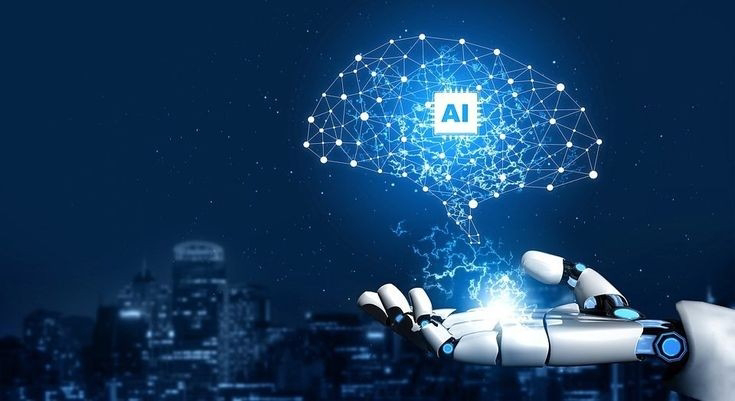The Future of AI: How Artificial Intelligence is Shaping Our World
Artificial Intelligence (AI) is no longer a futuristic concept; it's a transformative force impacting various facets of our daily lives. From automating mundane tasks to making groundbreaking advancements in healthcare, AI's influence is profound and far-reaching. In this blog post, we will delve into how AI is shaping our world, its current applications, and what the future holds.
1. AI in Healthcare
AI is revolutionizing healthcare by improving diagnostics, personalizing treatment plans, and predicting patient outcomes. Machine learning algorithms analyze vast amounts of medical data to identify patterns that human doctors might miss. This leads to more accurate diagnoses and effective treatments. AI-powered tools are also assisting in drug discovery, significantly reducing the time and cost involved.
2. Autonomous Vehicles
The development of self-driving cars is one of the most anticipated advancements in AI. Companies like Tesla, Waymo, and Uber are investing heavily in AI to create vehicles that can navigate roads safely and efficiently without human intervention. These autonomous vehicles promise to reduce traffic accidents, decrease congestion, and provide mobility solutions for those unable to drive.
3. Smart Homes and Cities
AI is making our homes and cities smarter. Voice-activated assistants like Amazon's Alexa and Google's Assistant are becoming integral parts of our daily routines, controlling everything from lights to security systems. On a larger scale, AI is used to manage city infrastructure, optimize energy use, and improve public safety through predictive policing.
4. AI in Finance
In the financial sector, AI is enhancing fraud detection, automating trading, and providing personalized financial advice. Algorithms analyze transaction patterns to detect fraudulent activities, while robo-advisors use AI to manage investment portfolios based on individual risk preferences and financial goals.
5. Education and Learning
AI is transforming education by personalizing learning experiences. Intelligent tutoring systems adapt to the learning pace and style of each student, providing tailored support and resources. AI-driven analytics help educators identify students who are struggling and intervene early, improving overall educational outcomes.
6. AI and Creativity
AI is also making strides in creative fields. From generating art and music to writing news articles and scripts, AI algorithms are proving that creativity is not solely a human trait. These AI-generated works are opening up new possibilities and challenging our notions of creativity and originality.
Trends and Future Prospects
Ethical AI: As AI continues to advance, ethical considerations around bias, privacy, and accountability are becoming more critical. Ensuring that AI systems are fair, transparent, and aligned with human values is a major focus.
AI in Workforce: The rise of AI is transforming the job market, automating repetitive tasks, and augmenting human capabilities. While some jobs may become obsolete, new opportunities will emerge, requiring a shift in skills and education.
AI and Sustainability: AI can play a significant role in addressing global challenges like climate change. By optimizing resource use, predicting environmental changes, and developing sustainable practices, AI can contribute to a greener future.
Conclusion
Artificial Intelligence is undeniably reshaping our world in unprecedented ways. Its applications span across various sectors, improving efficiency, enhancing decision-making, and opening up new possibilities. As AI continues to evolve, it will be crucial to navigate the ethical and societal implications to harness its full potential for the benefit of humanity.
Whether you're a tech enthusiast, a business leader, or someone curious about the future, staying informed about AI developments will be essential. The journey of AI is just beginning, and its impact will only grow in the years to come.

No comments:
Post a Comment
Thanks for u r comment